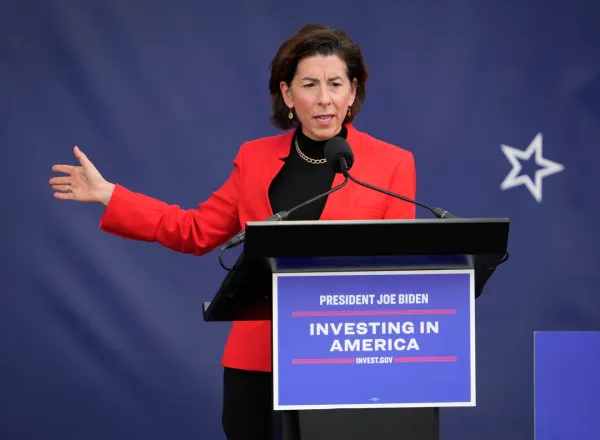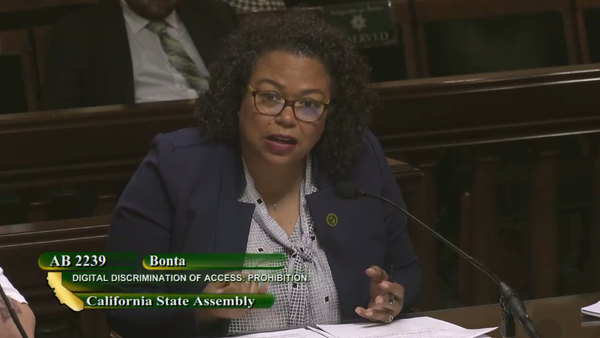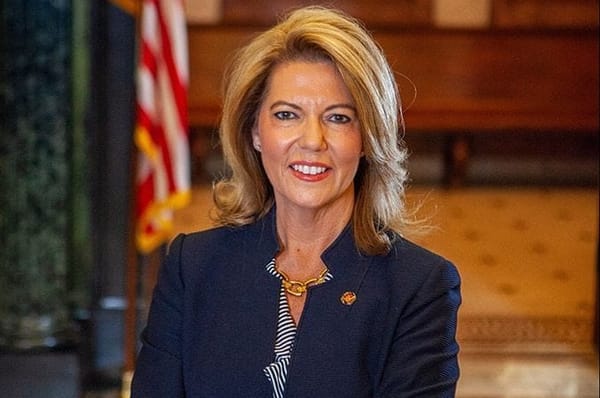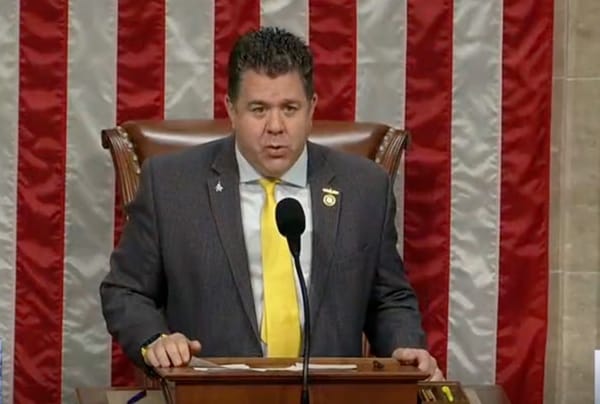Broadband Roundup: Comcast-Time Warner Controversy, Netflix vs. Verizon, and Sprint Merger Woes
WASHINGTON, June 10, 2014 – The proposed merger between Comcast and Time Warner Cable continues to stir up controversy. The Computer & Communications Industry Association, whose members include internet giants Google and Yahoo, sent a letter to Sen. Al Franken asking regulators to stop the acquisiti
WASHINGTON, June 10, 2014 – The proposed merger between Comcast and Time Warner Cable continues to stir up controversy. The Computer & Communications Industry Association, whose members include internet giants Google and Yahoo, sent a letter to Sen. Al Franken asking regulators to stop the acquisition as it would give the merged entity “increased incentive and ability” to hurt competition and innovation.
The advocacy group said the merger would encourage Comcast to “degrade the quality of service or raise the operating costs of over-the-top content competitors” through inflating interconnection prices to rivals. Comcast could also withhold its vast catalog of video programming and raise entry barriers for competitive last-mile broadband providers.
“If regulators were to conclude that the Comcast-Time Warner Cable merger does not have a chance of substantially lessening competition, then it is hard to imagine a real world merger that would,” the letter read. “Regulators should block this merger, not only for the good of innovation, the Internet industry, and of consumers, but also for the sanctity of antitrust law.”
In other news, Netflix recently put out a series of error messages citing congestion on Verizon Communications’ network as the culprit for slow internet connections. The Washington Post reported that the streaming firm has agreed to end its error messages but not its accusation.
According to the Post, the move comes in response to a cease-and-desist letter from Verizon, demanded that Netflix stop blaming the internet service provider for subpar streaming performance. “As an ISP, you sell your customers a connection to the Internet,” Netflix wrote in a response, according to the Post. “To try to shift blame to us for performance issues arising from interconnection congestion is like blaming drivers on a bridge for traffic jams when you’re the one who decided to leave three lanes closed during rush hour.”
Sprint Corp. may have to lower its prices if it is successful in acquiring T-Mobile, Reuters reported.
Lower revenue means lower stock prices, said Reuters. It cited sources who said that the current stock prices are unjustifiably high.
“It is not a sustainable situation. If the companies merge, they will need uniform pricing across the company,” said Michael McCormack, a lead analyst at Jefferies according to Reuters.
The European Union is falling behind America in closing the digital skills gap, according to Tech Policy Daily.
The report stated that 90 percent of European Union jobs require at least some digital skills, but that 39 percent of the workforce lacks such skills. Only 54 percent of citizens in the EU take advantage of e-government services. Almost 1 million vacancies in digital-related jobs are expected by 2020, and about 100 million EU members have never used the internet.







